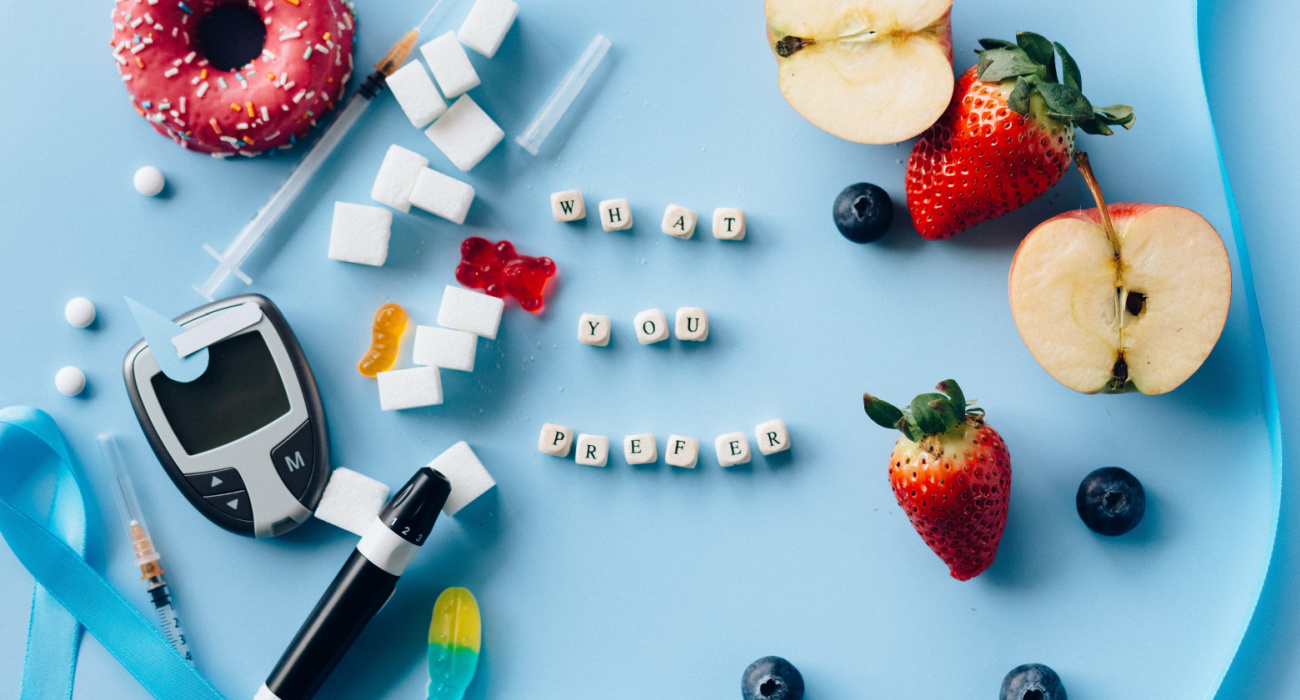
Navigating the Unknown: How to Cope with a New Diabetes Diagnosis
Newly diagnosed diabetes patients typically have a range of concerns, including managing blood sugar levels, navigating dietary choices, understanding medication and insulin, adapting to lifestyle changes…
But also, worrying about long-term health and complications, seeking support and education, managing low and high blood sugars, addressing emotional well-being, dealing with financial aspects, and considering the impact on their relationships and social life. Don’t you feel exhausted by just reading this list?? These are just a sample of the myriad of challenges individuals face when first confronted with a diabetes diagnosis.

An endocrinologist plays a critical role in helping a newly diagnosed diabetes patient cope with the unknown by providing medical expertise, guidance, and support.
However, not all physicians have the time to dedicate to a new diabetes patient. Most physicians focus on the volume of patients they need to see, not necessarily paying attention to the quality of those interactions. Patients often leave a doctor’s office with more questions left unanswered. I was part of that dynamic for way too long… from a physician and from a patient’s standpoint too.
Now as a direct care endocrinologist, I get to help and ease the anxiety levels of these patients because I can dedicate more time to answering questions, to monitoring their glucose levels via technology I can access remotely from my laptop, I am not limited to serve and educate my patients just in the office. I can have a quick consult over the phone, by email, or have someone just drop by tomorrow in person if that’s what they prefer. I can offer my professional advice but also my personal experience as a diabetes patient using an insulin pump myself for years now.
 My diabetes patient members benefit from:
My diabetes patient members benefit from:
- Personalized Treatment Plan: I assess the patient’s specific condition, and develop a personalized treatment plan, which may include medication, insulin therapy, dietary guidance, and exercise recommendations. I also help patients set achievable goals for blood glucose control and overall health to prevent frustration and burnout. Also, ensuring they have access to the latest advancements in diabetes treatment and technology.
- Remote Blood Glucose Monitoring: I personally teach patients how to use glucose meters and interpret the results, empowering them to take control of their condition. But I also can check their glucose numbers remotely and proactively help them adjust their medication or be more vigilant during exercise or during high-stress situations.
- Medication and Lifestyle Management: If necessary, I prescribe medications, discuss potential side effects, and adjust treatment plans as needed. Now I am also raising awareness on how lifestyle choices play a large role in diabetes and encourage patients to implement new habits to lower the need for medications in the long run.
- Education and Information: I have always believed an educated patient is an empowered individual in control of their condition. We share a monthly newsletter with patient members, we publish blog articles such as this one to educate anyone who wants reliable information from a physician’s and a patient’s point of view. And now our social media channels are full of educational content to help anyone feel more empowered and in control.
- Emotional Support: Coping with a new diabetes diagnosis can be emotionally challenging. As a fellow diabetes patient, I can offer emotional support but also can refer patients to mental health professionals or support groups, if needed.
- Emergency Preparedness and Preventing Complications: Throughout your life, emergencies will happen… I help every patient learn to recognize and manage hypoglycemia (low blood sugar) and hyperglycemia (high blood sugar) and provide guidance on what to do in emergencies. I also like to emphasize the importance of long-term diabetes management in preventing complications, such as heart disease, kidney problems, and vision issues.
With proper management of blood sugar levels and regular check-ups with an endocrinologist or primary physician, many people with diabetes can safely continue with their lives without creating any meaningful risk of injury to themselves or others.
Early treatment can help prevent or delay damage to other areas of the body, including the nervous system, heart, blood vessels, eyes, and kidneys. Therefore, it is recommended that newly diagnosed patients start managing their diabetes as soon as possible through a healthy diet, physical activity, lifestyle changes, and medication, if necessary.




